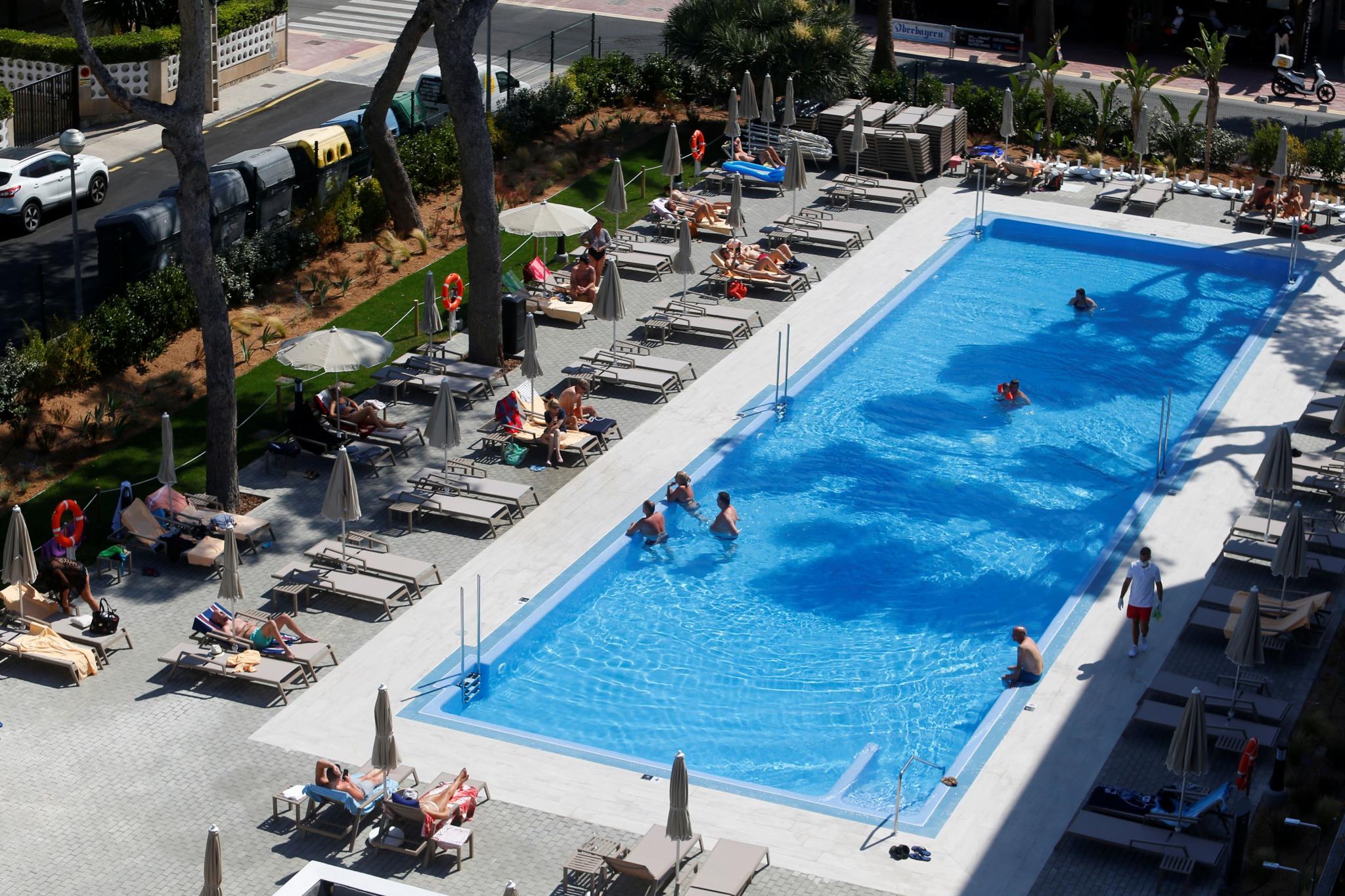Do you remember the story about the German businessmen who wanted to buy Majorca? When would it have been? Early 1990s? Something like that. Wasn't it a hoax by Bild? I can't recall the exact details now, but despite it having been fabricated, there was just a germ of Germanic reality to it. Majorca, the seventeenth of Germany's Länder, is how they sometimes refer to the island. Oh, and they typically always add in "paradise" as an adjective. Or at least they did in days past when I lived in Germany and barely an evening would go by without one TV channel having a show about Majorca. And these shows would often be broadcast from Majorca. The seventeenth state? It certainly was - and is.
There are other favourite German holiday destinations. Turkey ranks high on the list, while closer to home there is South Tyrol in Italy, there are the lakes of southern Bavaria and there are the islands in the Baltic and North Seas. These destinations, with the exception of Turkey, are very much part of a German holiday culture going back decades. And Majorca is likewise within this culture. This summer, the lakes and islands such as Rügen, South Tyrol perhaps less so, will be additionally attractive to families who might prefer a staycation (or a near staycation in South Tyrol). But Majorca, as soon as the possibility opened up, was bang on the holiday agenda. The seventeenth state was reopening for holidays, and it does now help Majorca somewhat that Turkey is on a sort of "verboten" list until September at least.
Majorca and the Balearics were always going to be to the fore, especially for the German market. Cast your mind back to February and recall what happened after the ITB Berlin tourism fair had been called off. In early March, a delegation from the Balearic tourism ministry went to Berlin. Headed by the minister, Iago Negueruela, the purpose of the visit was to meet senior managers from Tui. One of these senior managers was Sebastian Ebel, the CEO of the hotels division, who was in Majorca on Monday when the first test tourists turned up. They discussed the situation with coronavirus - this was over a week before the state of alarm was declared - and agreed to have weekly meetings to assess developments.
These meetings had to become virtual, but the proactivity of both the ministry and the tour operator had, even in early March, given the Balearics a head start. Towards the end of April, it was announced - by Tui - that the Balearics would be the first destination in Spain to which it would be taking tourists. The idea for the tourism test, one dreamt up by Majorca's hoteliers, came very soon after.
Under normal circumstances, Germany outstrips the UK in terms of numbers of tourists coming to the Balearics by around one million. In Majorca alone, the difference is more like two million. The numbers alone made attempts to cling onto at least some of this German tourism this summer essential. But behind the numbers was the cultural link - the holiday cultural link and the status of honorary seventeenth state of Germany, the island that is rarely not in the German public eye. As well as those TV shows, the main channels - when I was there - used to also have news and weather reports for Majorca.
Intimately associated with this Majorca holiday culture is Tui. The tour operator has undergone its transformations over the decades, but it was right here in Majorca from the outset, and it also forged a partnership with Riu, which is a shareholder in Tui. So when it came to the crisis and seeking to find ways of salvaging something from the season, all of these factors were in play. And I would suggest that there was another one, which may have been just as important.
When commenting on his meetings with Tui senior managers, Negueruela observed that these managers had very close contacts with the German government, which - it needs remembering - made available a 1.8 billion euro bridging loan to Tui at the end of March. Think about the regular statements that were coming from Tui. Even when German ministers were suggesting that foreign holidays might be difficult this summer, CEO Fritz Joussen was invariably upbeat and looking forward to resuming operations. Then suddenly, the German ministers started saying very different things.
I have the impression, one formed over recent weeks, that Tui is highly adept in its dealings with the German government. It won't have been driving government policy, but I'm sure that it will have been influential. I mean this in the most positive way and contrast it with what has been happening in the UK and wonder if this apparent cooperation is indicative of the consensus approach for which Germany is renowned: a different type of culture to go alongside decades of the holiday culture in the seventeenth state.


1 comment
To be able to write a comment, you have to be registered and logged in
Ms Merkel has effectively purchased all of Spain for 140 billion euros...